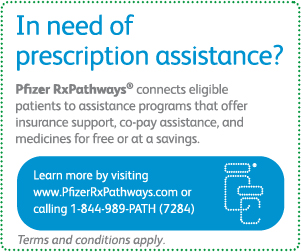Using estrogen alone may increase your chance of getting cancer of the uterus (womb). Report any unusual vaginal bleeding right away while you are using Premarin (conjugated estrogens) Vaginal Cream. Vaginal bleeding after menopause may be a warning sign of cancer of the uterus. Your healthcare provider should check any unusual vaginal bleeding to find out the cause.
Do not use estrogens with or without progestins to prevent heart disease, heart attacks, strokes, or dementia (decline in brain function).
Using estrogen alone may increase your chances of getting strokes or blood clots. Using estrogens with progestins may increase your chances of getting heart attacks, strokes, breast cancer, or blood clots.
Using estrogens, with or without progestins, may increase your chance of getting dementia, based on a study of women 65 years of age or older.
Estrogens should be used at the lowest dose possible, only for as long as needed. You and your healthcare provider should talk regularly about whether you still need treatment.
Premarin Vaginal Cream should not be used if you have unusual vaginal bleeding, have, or had cancer, had a stroke or heart attack, have or had blood clots or liver problems, have a bleeding disorder, are allergic to any of its ingredients, or think you may be pregnant. In general, the addition of a progestin is recommended for women with a uterus to reduce the chance of getting cancer of the uterus.
If you take thyroid medication, consult your healthcare provider, as use of estrogens may change the amount needed.
Serious, but less common side effects include heart attack, stroke, blood clots, dementia, breast cancer, cancer of the lining of the uterus, cancer of the ovary, high blood pressure, high blood sugar, gallbladder disease, liver problems, enlargement of benign tumors of the uterus (fibroids), and severe allergic reaction.
Call your healthcare provider right away if you get any of the following warning signs or any other unusual symptoms that concern you: new breast lumps; unusual vaginal bleeding; changes in vision or speech; sudden new severe headaches; severe pains in your chest or legs with or without shortness of breath, weakness and fatigue; swollen lips, tongue, and face.
Less serious, but common side effects include headache, breast pain, irregular vaginal bleeding or spotting, stomach/abdominal cramps/bloating, nausea and vomiting, hair loss, fluid retention, vaginal yeast infection, reactions from Premarin Vaginal Cream such as vaginal burning, irritation, and itching.
INDICATION
Premarin (conjugated estrogens) Vaginal Cream is used after menopause to treat menopausal changes in and around the vagina and to treat moderate to severe painful intercourse caused by these changes.
Please see full Prescribing Information, including BOXED WARNING and Patient Information.





